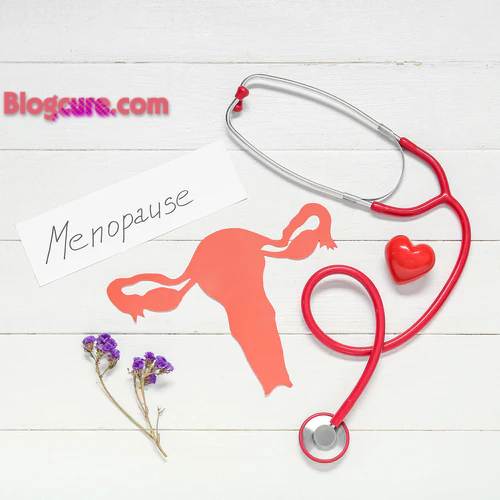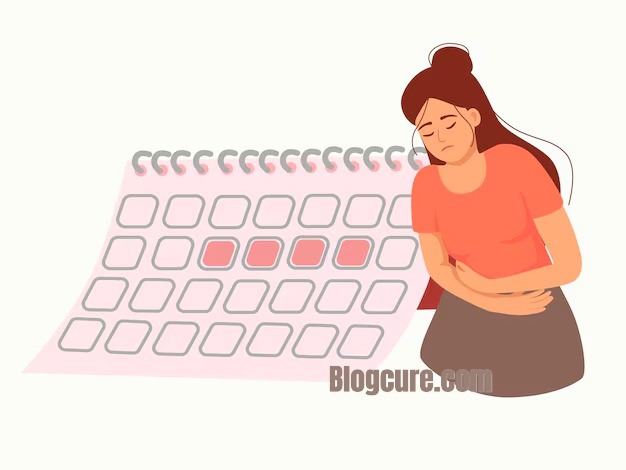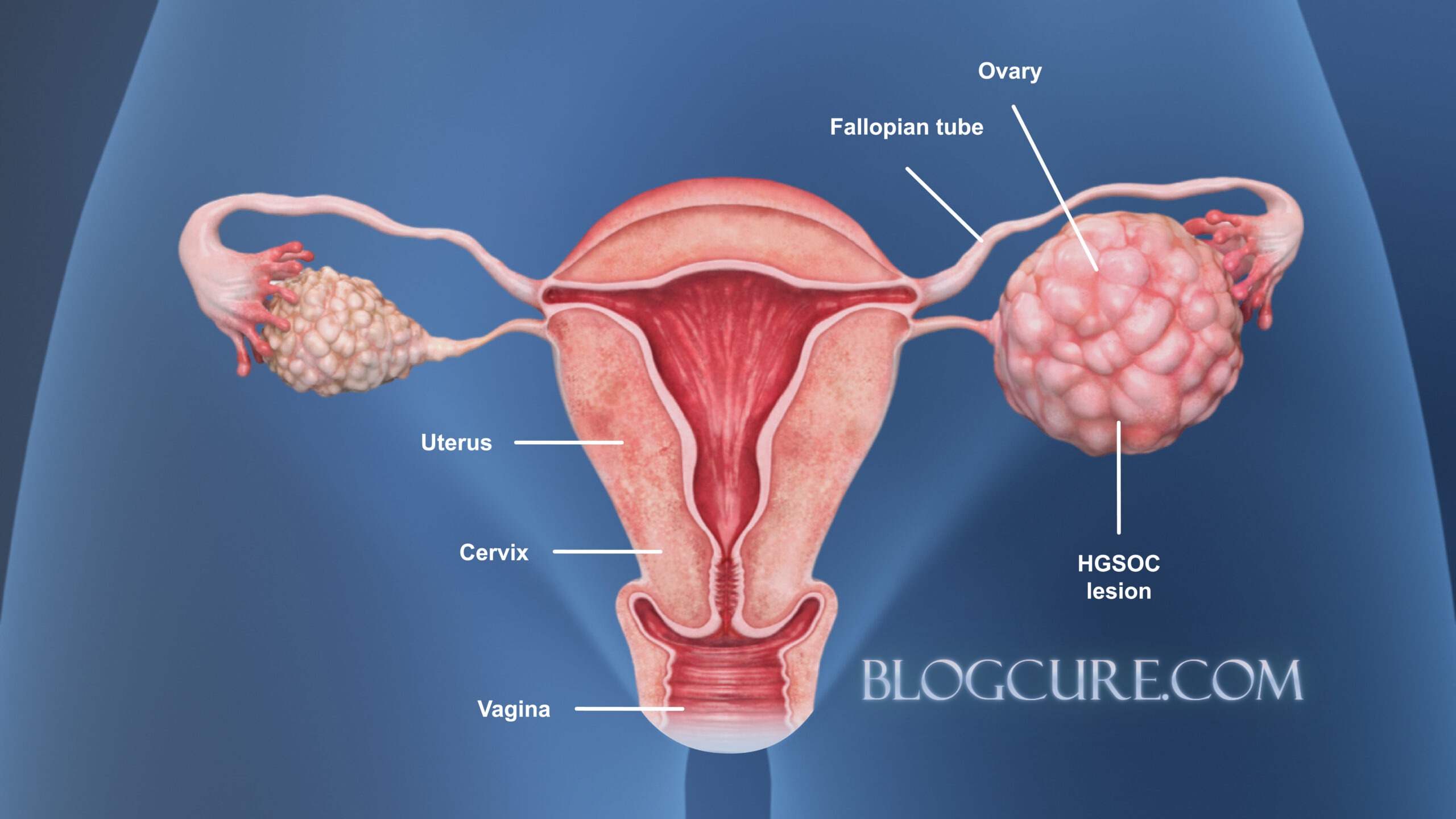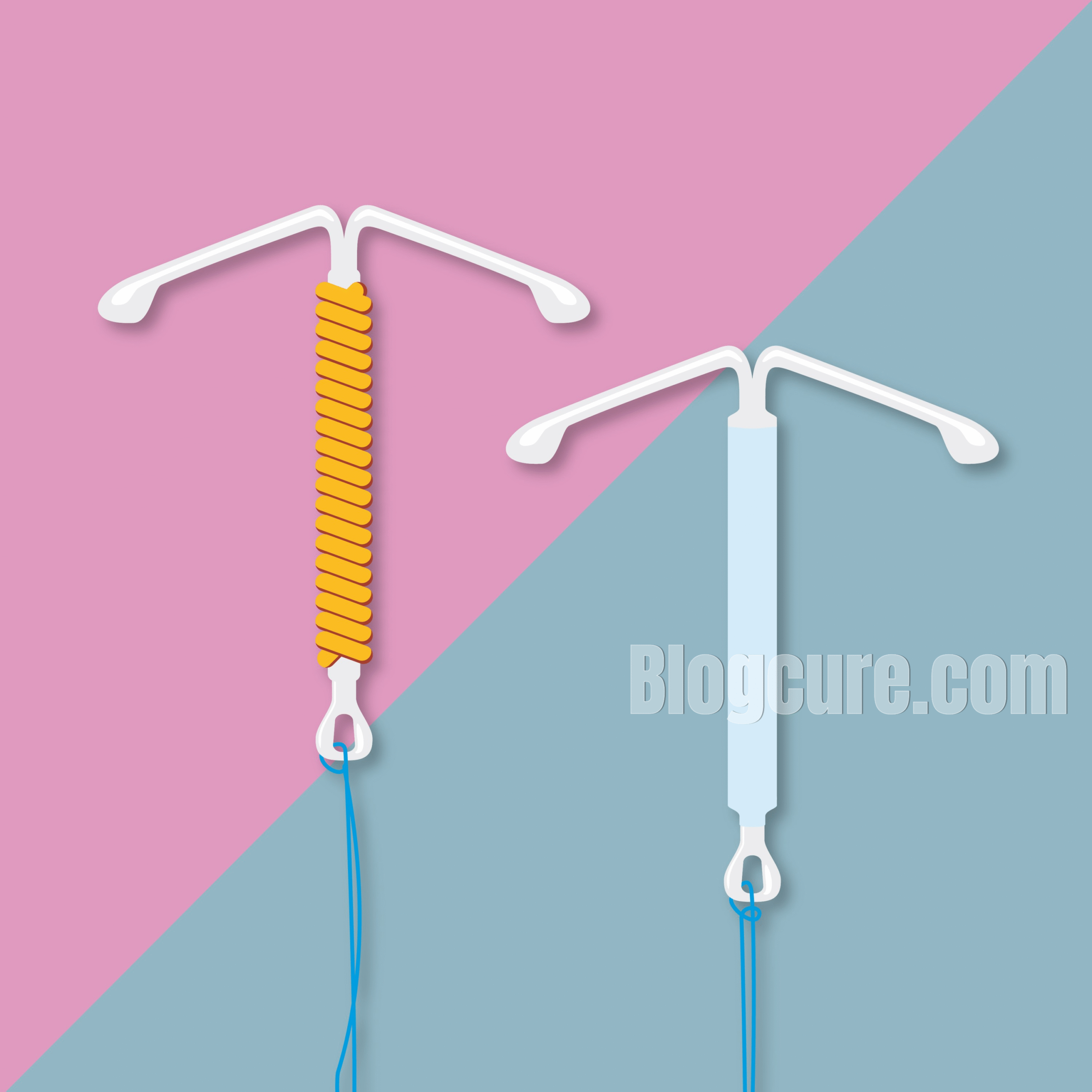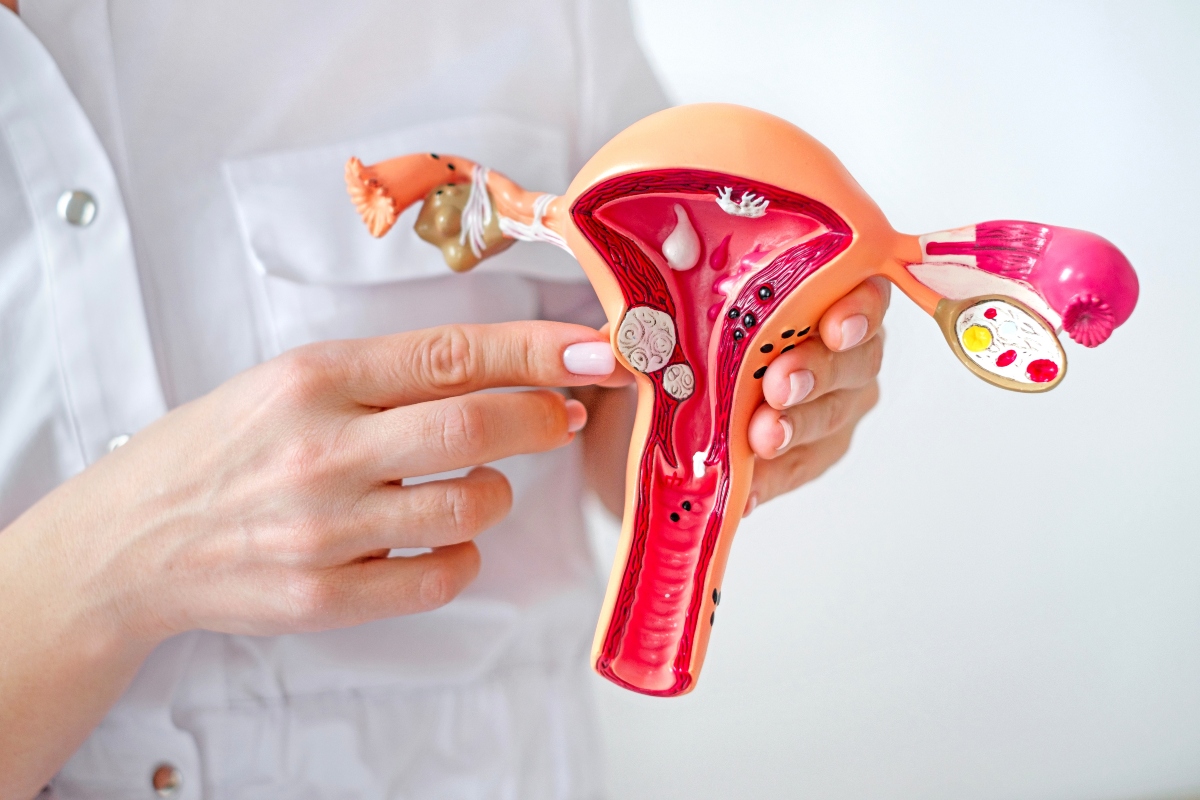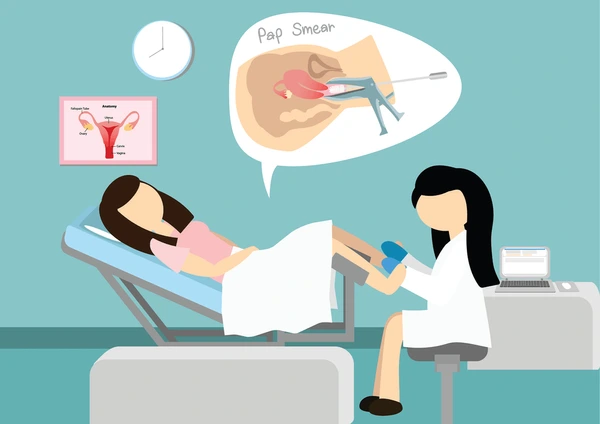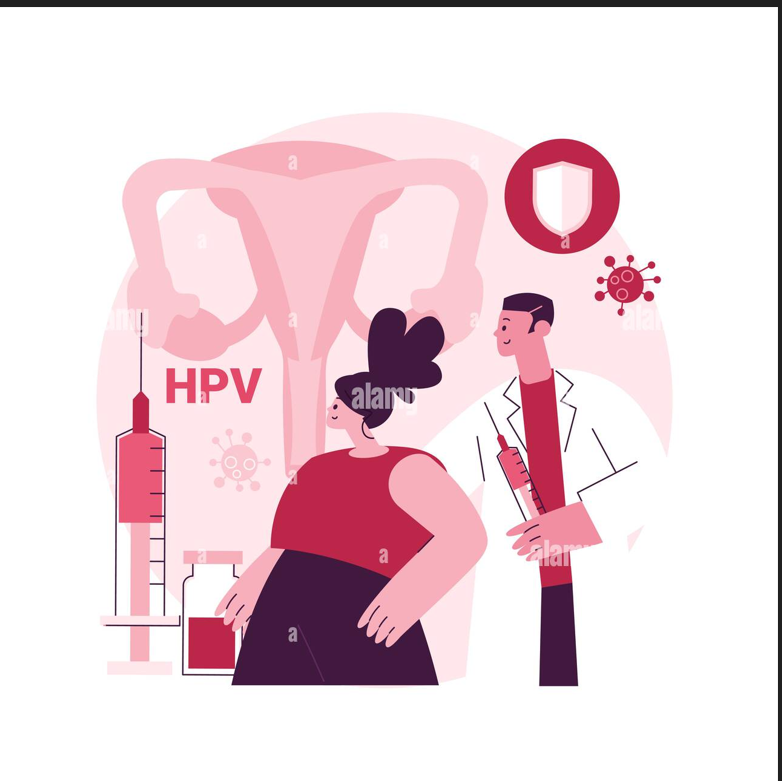
🧬
Meta Description :
Learn everything about the HPV vaccine — what it is, who should get it, how it prevents cervical, genital, and throat cancers, and when to get vaccinated. Includes vaccine types, dosage, side effects, and FAQ for patients.
💉 What Is the HPV Vaccine?
The HPV (Human Papillomavirus) vaccine is a preventive vaccine designed to protect against specific types of HPV that cause cervical, vulvar, vaginal, penile, anal, and throat cancers, as well as genital warts.
It is most effective when administered at a young age, ideally between 11 and 12 years, before exposure to the virus through sexual activity.
The vaccine stimulates the body’s immune system to produce antibodies against the virus, providing long-term immunity.
| Age Group | Recommended Doses | Schedule |
|---|---|---|
| 9–14 years | 2 doses | 0 and 6–12 months later |
| 15–26 years | 3 doses | 0, 1–2, and 6 months |
| 27–45 years | Optional (consult doctor) | Based on individual case |
🧫 Types of HPV Vaccines
There are three main types of HPV vaccines, each protecting against different virus strains:
| Vaccine Type | Protects Against HPV Types | Main Protection |
|---|---|---|
| Bivalent (Cervarix®) | 16, 18 | Cervical cancer prevention |
| Quadrivalent (Gardasil®) | 6, 11, 16, 18 | Genital warts + cancer prevention |
| 9-valent (Gardasil 9®) | 6, 11, 16, 18, 31, 33, 45, 52, 58 | Broadest protection — covers ~90% of HPV-related cancers |
🧍♀️🧍♂️ Who Should Get the HPV Vaccine?
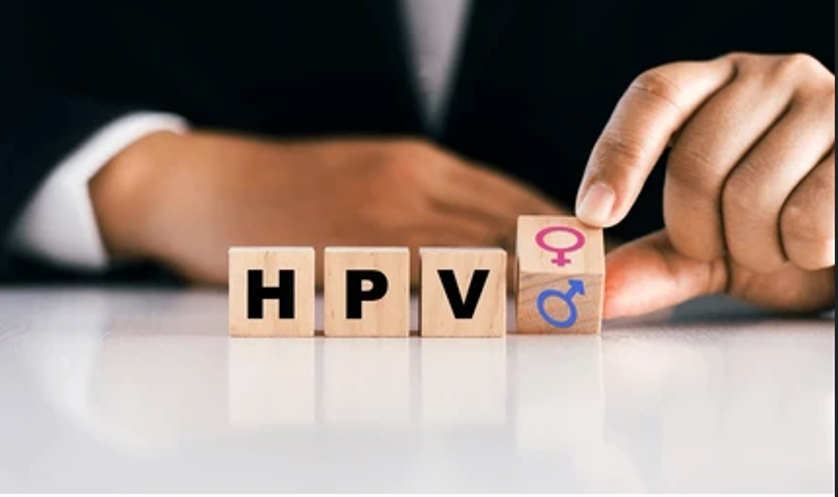
👧 For Girls and Women
The vaccine is most beneficial before sexual activity begins. It significantly reduces the risk of cervical, vaginal, and vulvar cancers.
Recommended for ages 9–26, ideally 11–12 years old.
👦 For Boys and Men
Men can also carry and transmit HPV. The vaccine prevents penile, anal, and throat cancers, as well as genital warts.
It’s recommended for boys aged 11–26 to protect both themselves and future partners.
👶 For Children
Vaccination can start as early as age 9. The immune response at this age is strongest, ensuring maximum protection.
⚠️ During Pregnancy
The HPV vaccine is not recommended during pregnancy. Women who are pregnant should wait until after childbirth to receive it.
🛡️ Diseases Prevented by HPV Vaccine
| Condition | Caused by HPV Types | Prevention by Vaccine |
|---|---|---|
| Cervical cancer | 16, 18 | ✅ Strong protection |
| Vulvar & Vaginal cancer | 16, 18, 31, 33 | ✅ High protection |
| Penile cancer | 16, 18 | ✅ Effective |
| Anal cancer | 16, 18, 33 | ✅ Effective |
| Genital warts | 6, 11 | ✅ Prevented by quadrivalent & 9-valent |
| Throat (oropharyngeal) cancer | 16, 18 | ✅ Reduced risk |
The vaccine provides at least 10 years of protection, with research showing longer-lasting immunity over time.
🧬 How Does the HPV Vaccine Work?
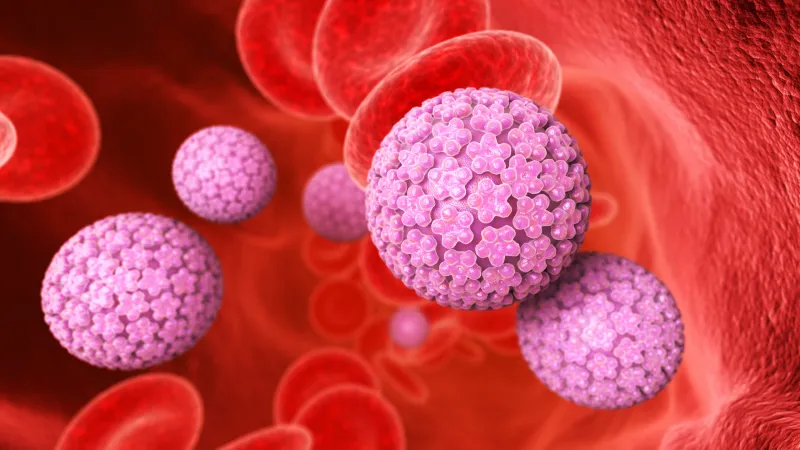
The vaccine contains virus-like particles (VLPs) that mimic the surface of the HPV virus — they do not contain live virus, so they cannot cause infection.
These VLPs trigger the immune system to produce protective antibodies, ensuring rapid defense if the person is later exposed to HPV.
🩸 Side Effects of the HPV Vaccine
Most side effects are mild and temporary:
| Common Side Effects | Rare Side Effects |
|---|---|
| Pain or redness at injection site | Dizziness |
| Mild fever | Fatigue |
| Headache | Nausea |
💡 Tip: Staying seated for 15 minutes after vaccination helps prevent fainting, which occasionally occurs in teens.
🏥 Where to Get the HPV Vaccine
- 🏥 Public hospitals and private clinics
- 🏡 Family Health Centers (Aile Sağlığı Merkezleri)
- 💬 Consult your doctor for dose schedule and brand selection
📅 HPV Vaccination Schedule at a Glance
| Age | Doses Required | Interval | Effectiveness |
|---|---|---|---|
| 9–14 years | 2 | 6–12 months apart | 95–99% |
| 15–26 years | 3 | 0, 1–2, and 6 months | 90–95% |
| 27–45 years | Case-based | Determined by doctor | Lower (prior exposure likely) |
🙋♀️ Frequently Asked Questions (Detailed Patient Edition)
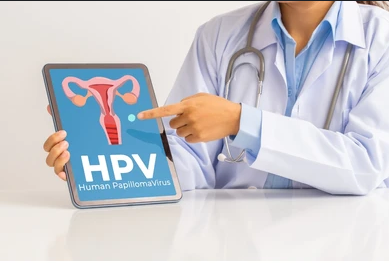
1️⃣ What is HPV and why is vaccination important?
HPV (Human Papillomavirus) is a group of over 200 related viruses. Around 40 types infect the genital area, and some can lead to cancer or genital warts.
Most sexually active people will get HPV at some point, often without knowing it.
The vaccine helps your immune system recognize and destroy the virus before it causes harm. It’s the only proven method to prevent HPV-related cancers.
2️⃣ Who should get the HPV vaccine and when?
The vaccine is most effective before exposure to HPV, usually through sexual contact.
- Ideal age: 11–12 years old
- Minimum age: 9 years
- Maximum recommended age: 26 years
- Optional range: 27–45 years (consult a doctor)
Even if you’ve already been sexually active, vaccination can still protect against other HPV types you haven’t encountered yet.
3️⃣ Can adults over 26 benefit from the HPV vaccine?
Yes, but the benefit is smaller because adults are more likely to have already been exposed to HPV.
However, vaccination may still be worthwhile for those with new or multiple partners, or those at higher risk.
Doctors can assess individual benefits based on lifestyle and sexual history.
4️⃣ Is the HPV vaccine only for women?
No. HPV affects both men and women.
Men can develop penile, anal, and throat cancers, and can transmit the virus to partners.
Vaccinating men helps protect both themselves and their partners, reducing the overall spread of HPV.
5️⃣ How long does the HPV vaccine protect me?
Studies show at least 10–12 years of strong protection, and immunity appears to last much longer without needing booster doses.
Ongoing research suggests protection may be lifelong for many individuals.
6️⃣ What happens if I miss a vaccine dose?
Don’t worry — you don’t have to restart the series.
Simply schedule the missed dose as soon as possible.
The full schedule is:
- 2 doses: for ages 9–14 (at least 6 months apart)
- 3 doses: for ages 15–26 (0, 1–2, and 6 months)
7️⃣ Are there any serious side effects?
Serious side effects are extremely rare.
Most people experience only mild symptoms such as:
- Soreness or redness at the injection site
- Mild fever or fatigue
- Brief dizziness or nausea
If symptoms persist or worsen, contact your healthcare provider.
There is no evidence linking HPV vaccines to fertility issues or chronic illnesses.
8️⃣ Can I get the HPV vaccine if I already have HPV or genital warts?
Yes, but note:
- The vaccine cannot treat existing HPV infections or warts.
- However, it prevents future infections from other HPV types.
Your doctor may still recommend vaccination to protect against other strains.
9️⃣ Is the HPV vaccine safe during pregnancy or breastfeeding?
- Pregnancy: Not recommended; vaccination should be postponed until after childbirth.
- Breastfeeding: Generally considered safe, but consult your doctor before vaccination.
🔟 Does the HPV vaccine affect fertility?
No. There is no scientific evidence that HPV vaccines affect fertility in any way.
In fact, by preventing cervical cancer and precancerous lesions, it helps protect fertility in the long term.
11️⃣ Why should boys and men get vaccinated if cervical cancer affects women?
Because HPV can cause:
- Penile, anal, and throat cancers in men
- Genital warts
- Transmission to partners
Vaccinating men reduces HPV circulation in the population, protecting everyone.
12️⃣ How much does the HPV vaccine cost?
The cost depends on the country and healthcare provider.
In many countries, it’s free for adolescents through national immunization programs.
In private clinics, prices vary depending on the vaccine type (bivalent, quadrivalent, or 9-valent).
13️⃣ Can I take other vaccines at the same time?
Yes. The HPV vaccine can be administered with other vaccines, such as hepatitis B or meningococcal vaccines, using separate injection sites.
14️⃣ Does the vaccine completely eliminate cervical cancer risk?
Not 100%, but it reduces the risk by up to 90%.
Regular Pap smear or HPV testing is still important for early detection of any abnormal cervical changes.
15️⃣ Can I get the HPV vaccine after treatment for HPV-related disease?
Yes — vaccination after treatment helps prevent re-infection or infection with other HPV types.
Doctors often recommend vaccination even after surgical removal of HPV-related lesions.
16️⃣ Should my partner also get vaccinated?
Absolutely. HPV spreads easily through sexual contact.
When both partners are vaccinated, protection becomes much stronger, reducing reinfection risk.
17️⃣ How can I check if I need the HPV vaccine?
Your doctor can review your:
- Age and vaccination history
- Sexual activity
- HPV test results (if any)
Based on these factors, they’ll determine whether the vaccine is beneficial for you.
🧭 Summary
- 🧬 HPV vaccination prevents up to 90% of HPV-related cancers.
- 💉 Best age: 9–14 years, before sexual activity.
- 🧍♂️🧍♀️ For both men and women.
- 🩺 Safe, long-lasting, and effective.
- 📅 Consult your healthcare provider for a personalized vaccination plan.

